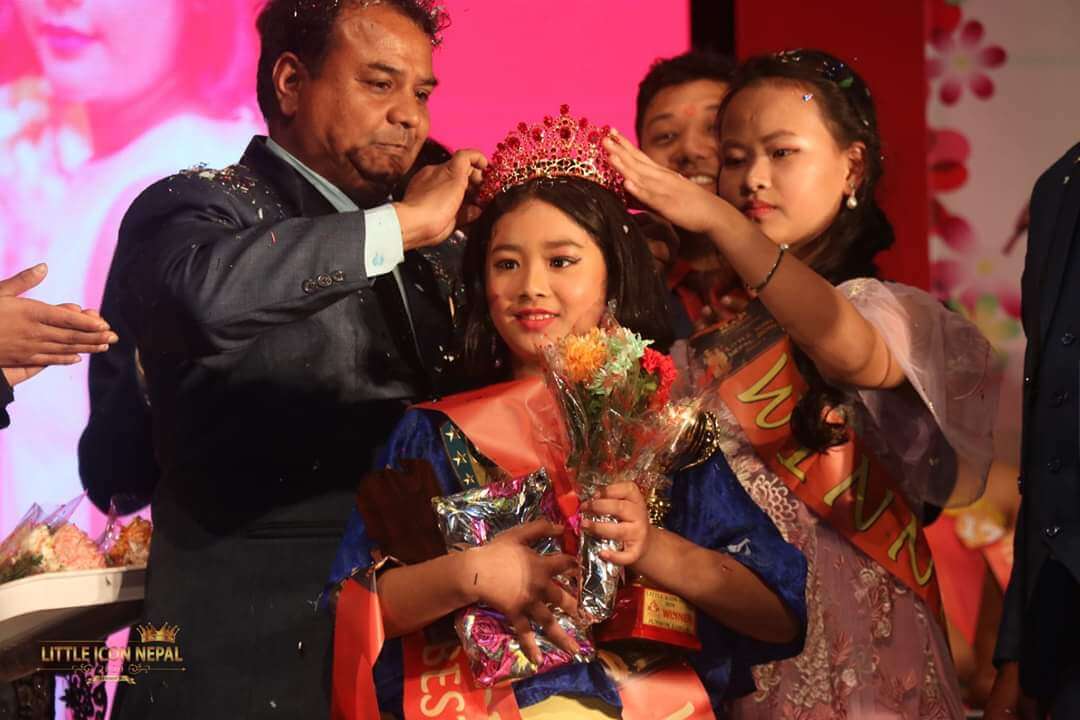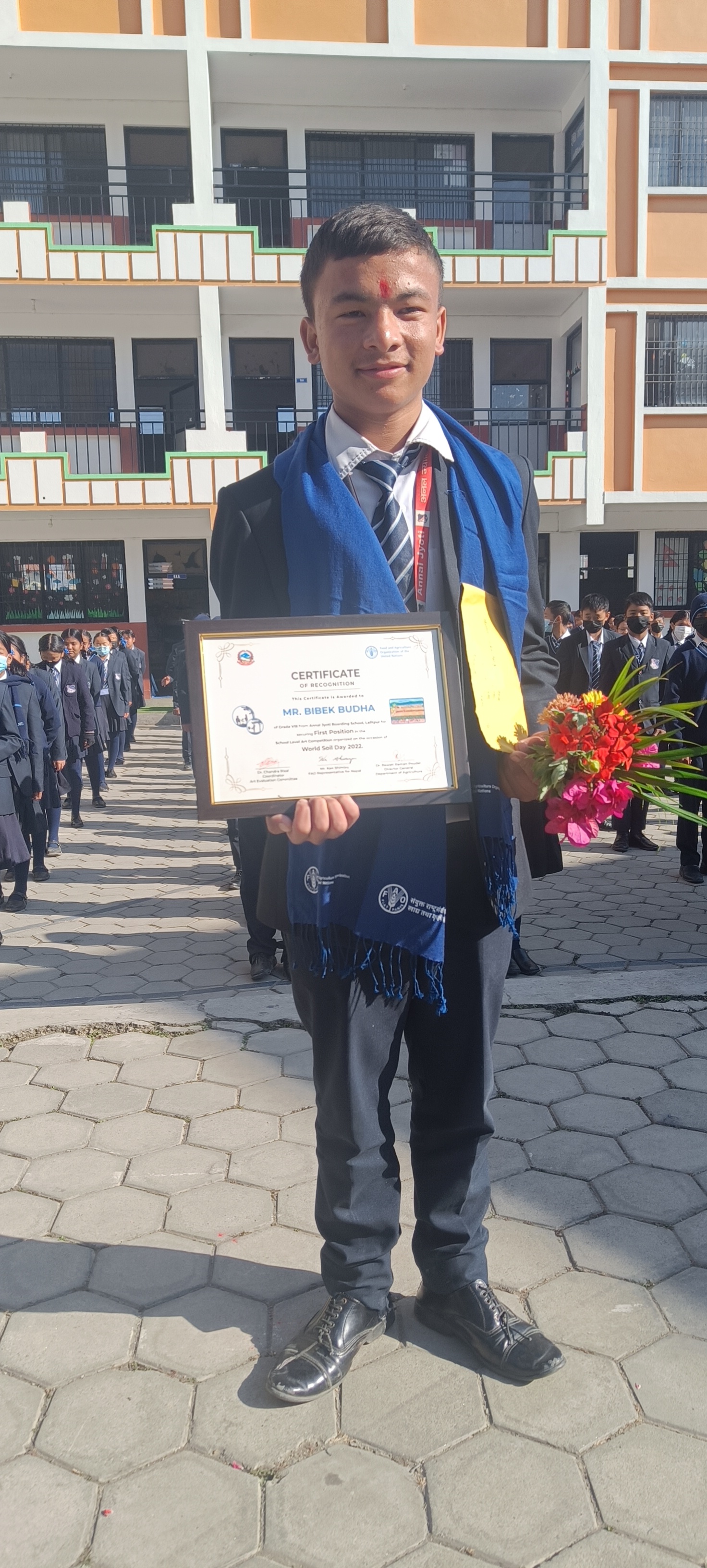Plan your volunteering
5 Easy Steps , Hints & Tips , Safety Advice
Planning your Gap Year Abroad
Some people are fortunate enough to have the resources to fund their gap-year. Others will need to first work for a period in their country. Others still may be able to fundraise part, or all of the cost, from generous friends and family members, local businesses or even members of the public.
With Annal Jyoti, you can choose what you want to do in teaching, how long you want to do it for and when you want to start. This gives you tremendous freedom when planning your gap year. If you can't decide then you can always call our school who and we will talk through your options with you. If you wish we can even put you in touch with one of our ex-volunteers.
You will probably want to spend some of your time abroad exploring the country or region you are in by doing some independent travel. We strongly recommend you do this after your period of volunteering; you will have a greater understanding of the country, the people - and hopefully the language - by then, and you may find other like-minded Annal Jyoti volunteers to travel with..jpg)
We do not have a lengthy selection process and we won't interview you. All we ask for is the name of a teacher or tutor who we can approach for a reference. This is your gap year and we want to work with you to make sure it is as rewarding as it possibly can be.
Here are 5 easy steps planning your volunteering
-
.jpg) Decision to volunteer: Once you have decided to volunteer as a teacher in Nepal in our school, you then need to work out when you want to do this.
Decision to volunteer: Once you have decided to volunteer as a teacher in Nepal in our school, you then need to work out when you want to do this. - Use of gap year or Career Break: The most important thing is to plan your Gap Year or Career Break in advance and organize the months spent volunteering in Nepal around any other important dates in your diary such as exams. Apply as far in advance as possible and make sure you also allow enough time for preparation before you go.
- Apply: Now you've decided to have volunteer teaching in Nepal, it is simply a case of filling out the application form! This can be done on-line, or using the downloaded form. Send the form to us with the deposit and we will then arrange everything.
- Plan your budget/fundraising: Add up the total costs of for volunteer teaching, add the flights and add the cost of any pocket money you will need to take with you - all your food, accommodation and insurance is already covered. In our country, spending money can range from £5 to £50 per week while you are working and more if you spend time travelling during the weekends.
- Once you have worked out what your Gap Year or Career Break will cost in total, work out how you will raise the money to volunteer in Nepal. Many people decide to work and save, others manage to get sponsorship and some fundraise.
-
Prepare for your voluntary work: Once you have applied, we will provide you with lots of information, including details about the country, general tips for travellers and advice from previous volunteers. We will also answer any specific questions you have as well as offering Gap Year or Career Break health, safety and travel advice.

You need to make sure you visit your health advisors as soon as possible to check what vaccinations/medicine you may need, have a general health check up and collect any repeat prescriptions you require. You also should buy your kit and plan how you will communicate with friends and family back home - most volunteers now set up an e-mail account and take their mobile phones with them, in many destinations it is possible to purchase local SIM cards. Also remember to photocopy any important documents and leave copies at home.
A Successful Gap-Year – Hints and Tips from Annal Jyoti
Planning your gap-year should be a big task; if it isn’t, then you probably aren’t doing it right. But where on Earth do you start...?
Well don’t worry because the Annal Jyoti School has come to your aid with these helpful Gap-Year Hints and Tips! We can’t promise you that it covers everything, and it certainly won’t be able to book any hotels for you, but it might just set you off on the right path. GoTop
Gap Year Hints and Tips: Working out your Itinerary
Budget
Firstly, you need to work out how much money you have available to spend on your volunteering trip. Whether you are going to be dipping into your savings, earning the money in the first half of your gap-year, or going cap-in-hand to your parents, you need to be realistic about how much you are going to have, because this will be vital in determining both how long you are going to be able to volunteer in our projects.
Destination: Nepal
Secondly, make sure that you want a very new and challenging destination. So, you shall determine Nepal as a destination. Visiting European countries will be just like ‘eating the same food in different bowls’. So, the cultural, religious, and environmental beauty will certainly lure you to Nepal.
Volunteering Costs
If you are planning on volunteering, a good way to start is to take a look at our Prices and FAQ section, by clicking the link of the screen. Remember that our prices include your accommodation, food and insurance for the time that you are volunteering.
Flights
Your flights are going to be another major expense and should therefore be worked out at the beginning. Again, you don’t have to commit any money at this stage but getting an idea of how much you are going to be required to spend is going to help immensely. You can contact your local travel agencies for the cost of tickets.
Transportation
When you have planned out the air-travel, you are likely to want to work out the overland travel possibilities. The transportation cost is less than a pound to volunteer in our school but if you plan to visit other parts of Nepal on the weekends, it may cost less than 10 pounds.
Visas
Your only major remaining logistical barrier is getting your visas sorted out for Nepal. If you are a British citizen you are very lucky, in that you can travel to a number of countries without getting a visa in advance. You can contact Nepal Consulate offices or Nepalese Embassy in our countries for visa processing. Otherwise, the visa does not need to be applied for in advance; it can be paid for at Kathmandu airport upon arrival, with a cost of about 1 dollar per day.
Accommodation
The accommodation is provided by the school. As soon as you arrive the airport, you will be picked up by us and within a half an hour, you will reach our school. You will be staying in one of our guest rooms made for the volunteers.
Travel costs
If you are planning on doing explorations and adventures in Nepal, such as rafting, trekking, paragliding, mountain flights, bungee jumping, etc, you need to allocate some money for those costs. Trekking around Annapurna range is about 100 pounds for a week, mountain flight and paragliding costs about 60 pounds each.
Immunisations and Vaccinations
Few vaccination or immunisations are needed to travel in Nepal. Our school lies in a mountain region within the Kathmandu valley and so sometimes you may be irritated by mosquito bites. But no need to worry - you can use mosquito nets and mosquito repellant chemicals, and there is a very low risk of malaria.
Medication and Repeat Prescriptions
If you are taking any medication you will need to speak with your doctor about obtaining enough to last you throughout the period you are away, as you may not always be able to get hold of exactly what you require overseas. The same applies to things like disposable contact lenses.
Staying in Contact
It is becoming increasingly easy to remain in close contact with friends and family while travelling, but you still need to put a little bit of thought into it – not all mobile phones will work in Nepal, so you will probably want to check with your mobile network. One of things we actively encourage our volunteers to do when they arrive Nepal is to purchase a local SIM card so they can contact other volunteers.
Many people also like to set up some sort of ‘blog’, so they can update people on what they are doing without having to write lots of individual emails. And always remember – people always love to receive a postcard!
Make Photocopies
You don’t want to risk losing important information like your identification or your passport, Annal Jyoti School phone numbers, etc. So make photocopies of everything, ideally one to leave with a trustworthy, easily contactable person back home, and one for you to carry around in a separate bag to the originals.
Gap Year Safety – Advice & Guidance from Annal Jyoti School
- A medical kit is always going to be at the top of your list; If you are taking any medication you will need to speak with your doctor about obtaining enough to last you throughout the period you are away, as you may not always be able to get hold of exactly what you require overseas.
- Money-belts should be considered as a means of keeping cash and important possessions safe and hidden away. They are usually worn around the waist, under clothes. It can be awkward withdrawing money from them so it may also be a good idea to keep a small amount of cash in a more accessible location, such as a small purse in a pocket.
-
Personal alarms should be considered by everyone, not simply lone females. When activated they simply draw attention by making an incredibly loud, piercing noise, which is bound to deter any would-be criminal.
- It is always a good idea to have a torch handy or a head-torch as there is scheduled electricity cut off in Nepal, and there are few street-lights.
- You will probably already have a mobile phone but it is a good idea to purchase a local SIM card, as this reduces costs, both for yourself and for other volunteers calling you. We will help you buy a SIM card during your induction.
- You should also consider bringing both a mosquito spray that contains DEET, and a mosquito net.
- It is generally advisable to drink only bottled water, although water-purification systems can come in handy.
- Protection from the sun is very important, After-Sun lotion or moisturizer will help soothe any burnt skin.
- Do not show any signs of wealth. Expensive watches/jewellery/sunglasses; unsecured wallets or purses; MP3 players; large obtrusive cameras – these all draw attention to you and mark you out as a potential target for thieves.
- You should ensure that any money and photographic equipment you carry with you is as discrete as possible.
-
Be careful of crowded areas. Pickpockets tend to strike in busy areas, where they can get what they want without being seen, even if their victims become aware of what is happening. For this reason a good precaution is to move your day-bag round to the front of you if you happen to find yourself in a crowded place, and make sure you keep an eye - or a hand – on possible places where people might try to gain access to your valuables. Also do not have your valuables readily accessible if you can possibly avoid it; at the bottom of your bag, underneath clothes and books is ideal. And obviously do not leave your bag unattended at any time.

- Avoid being alone on the street at night-time. Places change when the sun goes down, and even your most well-trodden street can become unfamiliar and potentially dangerous. It is advisable to use public transport or private taxis and to make sure you are part of a group as much as possible. If you have to walk alone, stick to well-lit areas as much as possible and carry a personal alarm with you.
- Look out for other volunteers and ask them to look out for you. We try to encourage our volunteers to work as a team as much as possible, ranging from keeping an eye on each other’s bags when using public transport during the week
- Be wary of people’s motives. It is a great shame, but it is a fact of life that you simply cannot blindly trust strangers.
- Some of these people will be merely curious about you, your language and your culture. Some of them will want to try to sell you something. Others will be begging for money. And others still will have more sinister intentions, often involving extortion of money by some means or another. There are all manner of scam which people run, from short-changing tourists in shops (always be sure to check your change), and unwinnable games played by people out on the streets.
-
In the case of begging, it is not our place to moralise on the rights or wrongs of giving money to people who ask for it, but it is worth noting that not all beggars are as destitute as they appear to be, and giving money is only going to make you a greater target for beggars in the future, either from the person who you gave to, or others who witnessed the act. More important, perhaps, is the notion that you should not feel obliged to give money simply because somebody less well-off than yourself asks you to, and – if you really feel like you want to help them – giving them an item of food is probably a better way of helping in any case.

- Always make sure somebody knows where you are. This is important on many levels; your parents back home will want to know where you are in a general sense – say the city you are in, or the area you are travelling to at the weekend – so be sure to let them know via email, telephone call or text. Inform us, if you are planning on going away on a trip out of town. For this reason we strongly recommend buying a local SIM card or phone after you arrive.
- This is by no means an exhaustive list, but hopefully it is enough just to get you thinking. Essentially the best advice we can give you is to use your own common sense and then everything should be fine.
If you have any more questions or concerns however, then please contact
annaljyoti@mail.com or neeroje@hotmail.com













